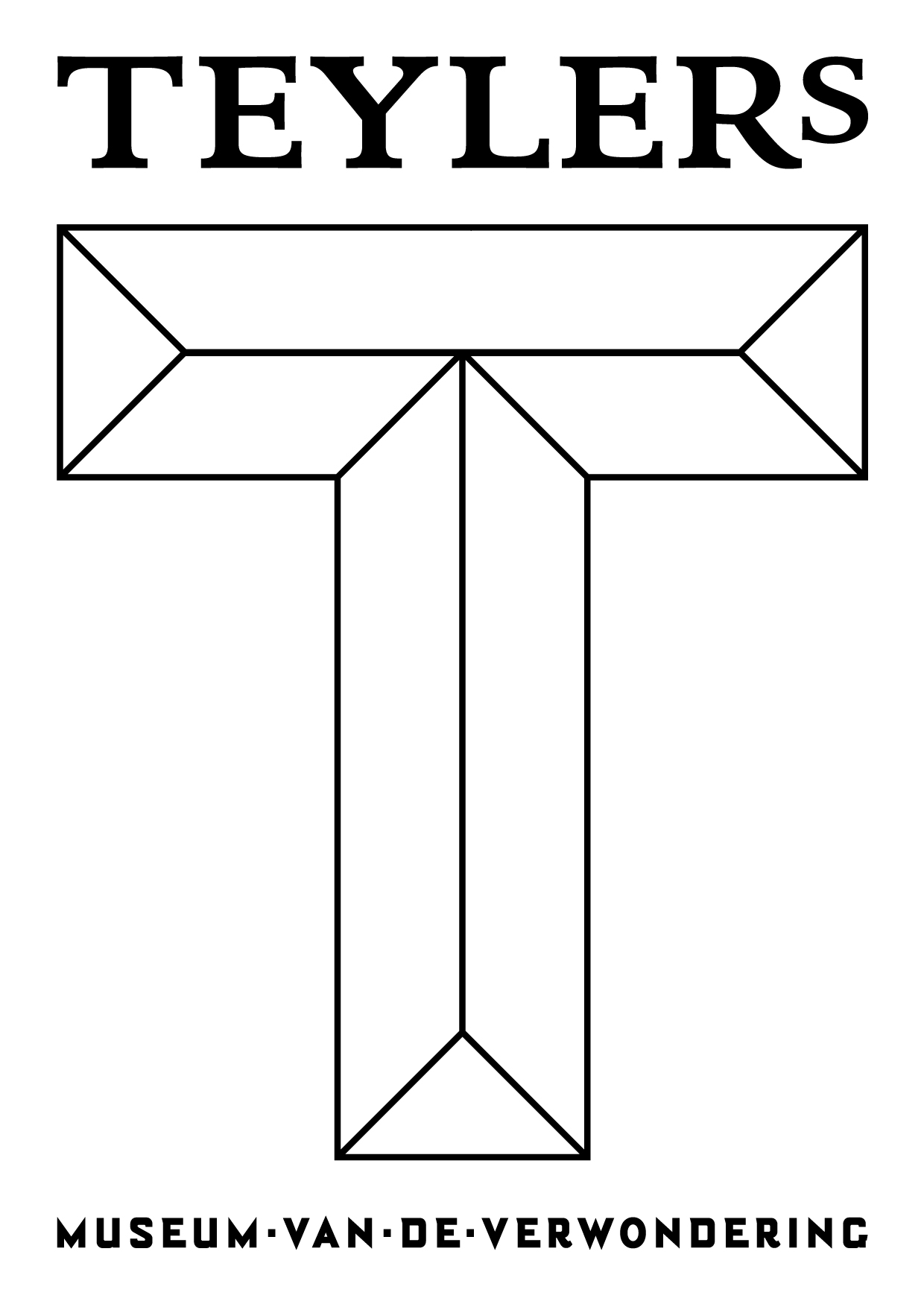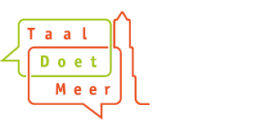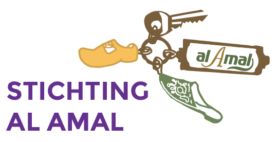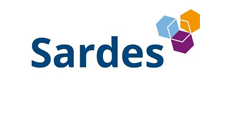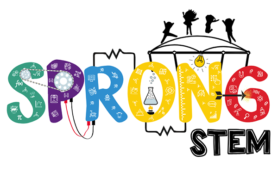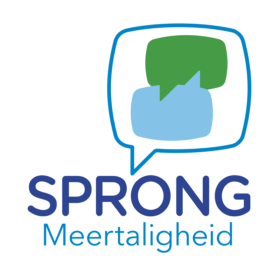
Telling time in all languages
“Ten before half five”: why so complicated? We spoke with multilingual children about how they tell time in Arabic, Turkish, and Dari. What are the similarities and differences between doing this in their home language and in Dutch, and how do they handle this? In what languages do they think about time? We learned from their insights and experiences.
Read more
Are two really better than one?
If two brains are better than one, then are two (or more) languages not better than just one? In a meeting with parents and caregivers, Erin experienced how conversations are enriched when people are allowed to use all their languages. “I’d venture to say that without help from multiple languages, it wouldn’t have been possible to have a conversation of such high quality—one where multiple ideas, solutions, and mathematical language were included.”
Read more
How multilingual children participate in science museums
How can language play a role in the participation of multilingual children in science museums? This is what we asked multilingual children and their families. In particular with science museums, language is vital. As a visitor, you can do and experience fun activities but if you want a more in-depth understanding, you’re going to need language.
Read more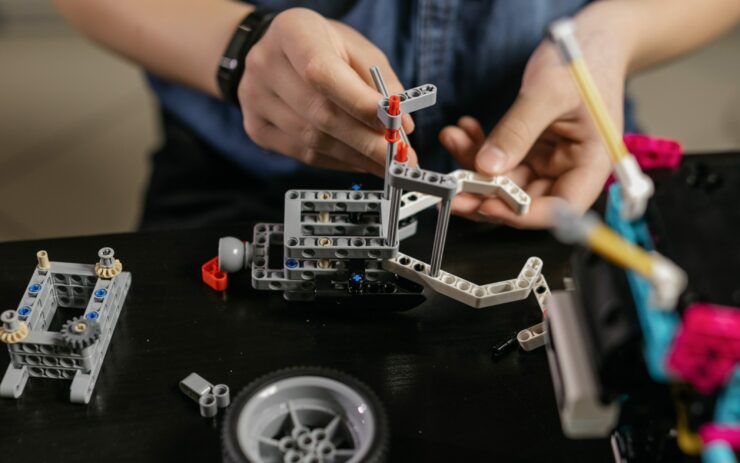
How can you promote multilingualism in science museums?
Interestingly, “language-free” solutions, such as non-verbal communication, were suggested more often than adding languages to the museum.
Read more
Do You Want To Discuss It In Farsi?
I teach math to group 3 & 4, where several children speak Farsi. In this one instance, one of the students already understood the assignment and another one didn’t. So I said: “Do you want to discuss it in Farsi?”. Four eyes squinted back up at me.
Read more
Math: the Universal Language?
The aim of the ‘home’ project is to explore how caregivers can be empowered through the use of translanguaging strategies. …How can parents and caregivers play a role in previewing certain mathematical concepts in the home language as an introduction to what is learned in class?
Read more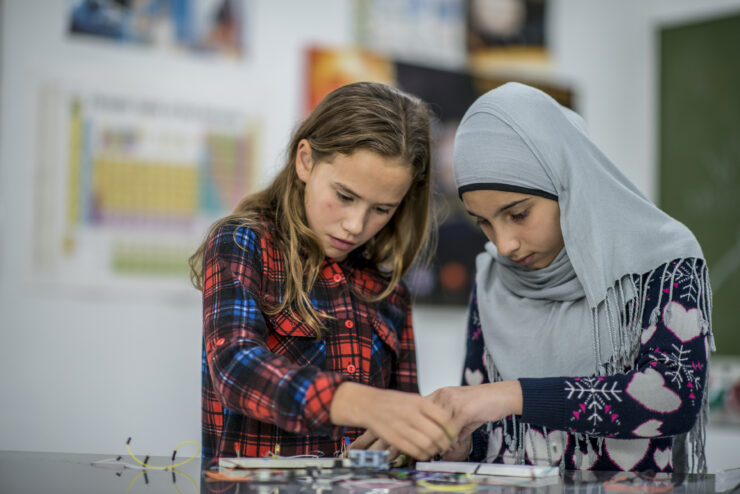
Science Museums Speak More Than One Language
Incorporating families’ home languages, through translanguaging strategies, can lead to increased engagement, curiosity and sense of belonging in science, which is important because migrant and multilingual groups are currently underrepresented in science.
Read more
Children As Co-Researchers
Within the Multi-STEM project, we aim to involve newcomer children as stakeholders and co-researchers. We want them to actively participate and share their thoughts, experiences, and expectations regarding using their home language in education.
Read more

